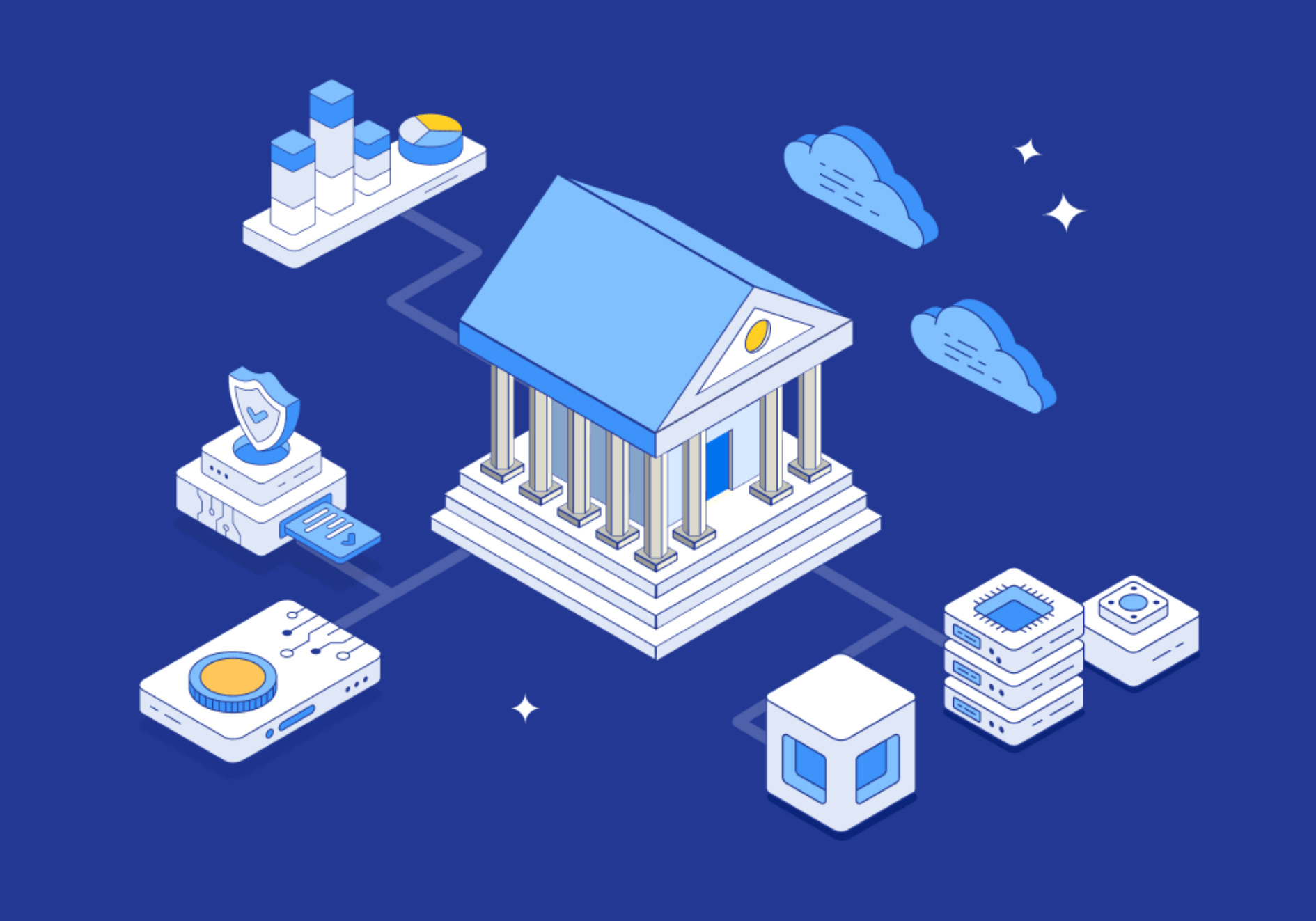What Is Tokenized AI?
Tokenized AI brings artificial intelligence and blockchain together. It introduces tokens that let users access, manage, or contribute to AI-driven platforms. These tokens also represent ownership or rights within decentralized AI systems.
Learn more about AI here
In short, tokenized AI makes artificial intelligence services available through blockchain networks. Users interact with AI tools, models, and data using crypto tokens instead of traditional systems.
Why Tokenized AI Is Growing Fast
People want more control over AI. Centralized models are often closed-source and controlled by big companies. That limits trust and access. But tokenized AI changes the rules.
Now, blockchain lets anyone own their data. Contributors get rewarded directly. AI models become transparent and community-powered. These shifts are pushing tokenized AI into the spotlight.
How Tokenized AI Functions
Smart contracts are key. They handle token payments, service access, and reward distribution. Whenever someone uses an AI service—like running a model—they pay with tokens.
The system then splits that payment. Developers, data providers, validators, and compute nodes all get a fair share. It’s all automated, secure, and transparent thanks to blockchain.
Main Advantages of Tokenized AI
There are several major benefits. First is accountability. Everything happens on the blockchain. So it’s easy to check who did what and when.
Next is decentralization. No single group holds the power. Decisions come from the community. That leads to fairer platforms.
Then there’s incentives. People are rewarded with tokens for meaningful contributions. That keeps users engaged and projects evolving.
Finally, it’s inclusive. Anyone with a crypto wallet can get involved. You don’t need permission from a company or government.
Top Projects in Tokenized AI
Many promising platforms are already leading the way. Let’s explore some of the most active ones in this space.
1. Fetch.ai (FET)
Fetch.ai builds intelligent digital agents. These bots can communicate, negotiate, and make decisions. The FET token powers transactions, training, and deployment.
2. Bittensor (TAO)
Bittensor runs a decentralized network for AI collaboration. Contributors share knowledge and train models. The TAO token rewards quality input, encouraging better AI performance.
3. Ocean Protocol (OCEAN)
Ocean enables secure data exchange for AI. Users tokenize datasets and sell access while keeping control. OCEAN tokens pay for data usage and model training.
4. Akash Network (AKT)
Akash provides decentralized computing power. This is ideal for running large AI models. Developers pay with AKT tokens to access affordable, flexible infrastructure.
The Role of Tokens in AI Systems

Tokens play multiple roles in these ecosystems. They’re used for payments, but also for governance. Some projects let token holders vote on rules or funding.
Tokens may also gain value over time. As more people use the platform, demand for tokens grows. That can increase utility and potential market price. Still, always approach with caution.
Real-World Applications
Tokenized AI isn’t just for tech lovers. It has real use cases in many industries. In healthcare, AI can analyze records securely, In finance, AI bots powered by tokens can help with trading or fraud alerts.
In education, AI tutors can run on decentralized networks, in creative work, artists can generate content using AI and pay with tokens—without giving up rights or profits.
What Challenges Lie Ahead?
Even with big promise, tokenized AI still faces hurdles. First is performance. AI needs strong hardware. Blockchain alone can’t handle it. That’s why hybrid systems are common.
Second, legal rules are still unclear. Some governments might regulate how these platforms operate, especially if money or data is involved.
Third is adoption. Many people don’t understand how these systems work. Better user interfaces and education will be needed to attract the mainstream.
What’s Next for Tokenized AI?
Expect more tools, better models, and smoother interfaces. We may also see deeper connections between Web3 and AI. This includes decentralized autonomous organizations (DAOs) controlling entire AI platforms.
Tokenized AI could soon change how we handle data, run businesses, and develop technology. It brings fairness, collaboration, and transparency to a space that needs it.
Final Thoughts
This Tokenized AI guide shows how AI and blockchain are merging to form powerful new tools. Instead of centralized platforms, tokenized AI opens the door to shared development and fair rewards.
If you’re just starting out, now is a good time to learn. Join a project. Contribute to a DAO. Or test an AI service that uses tokens. The future of AI could be open-source, token-powered, and community-led.
Disclaimer: This article is for educational purposes only. It is not financial advice. Please do your own research before making investment or participation decisions.




